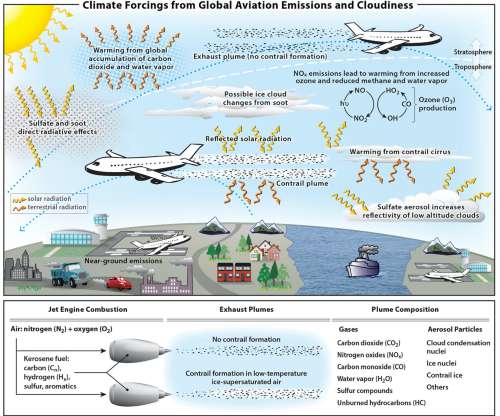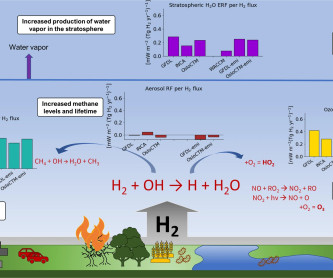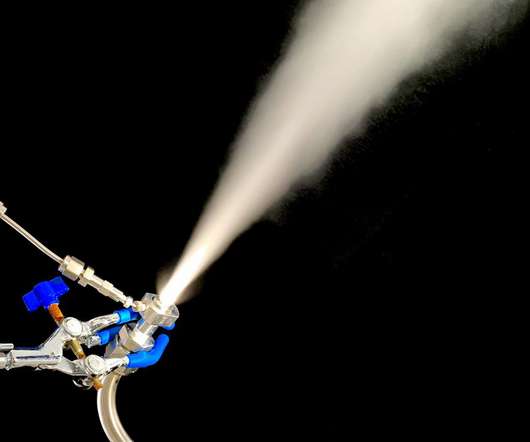Study: 2/3 of aviation climate impact due to emissions other than CO2
Green Car Congress
SEPTEMBER 6, 2020
The study was published in the journal Atmospheric Environment. Net positive RF (warming) contributions arise from CO 2 , water vapor, NO x , and soot emissions, and from contrail cirrus (consisting of linear contrails and the cirrus cloudiness arising from them). Aviation accounts for 3.5% De León, L.L. Pitari, M.J. Prather, R.





















Let's personalize your content